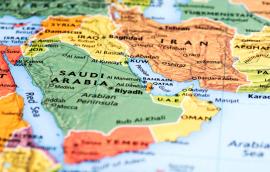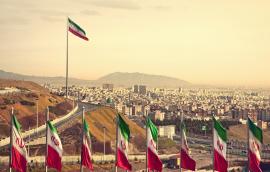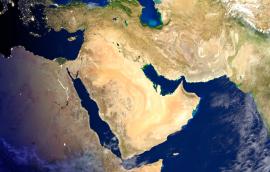Edward P. Djerejian Center for the Middle East | Conflict Resolution and U.S. Foreign Policy | Report
The Middle East Cauldron and United States Policy This report suggests the contours of a more comprehensive policy for the United States in the broader Middle East, one that pursues not only important tactical approaches to counter Islamic extremism and terrorism, but also shapes the larger strategic landscape to secure and promote U.S. interests. After defining the challenge for the United States and the international community, the report provides a brief narrative on the rise of ISIS before presenting key policy recommendations for a more strategic approach.
Edward P. Djerejian February 5, 2015







